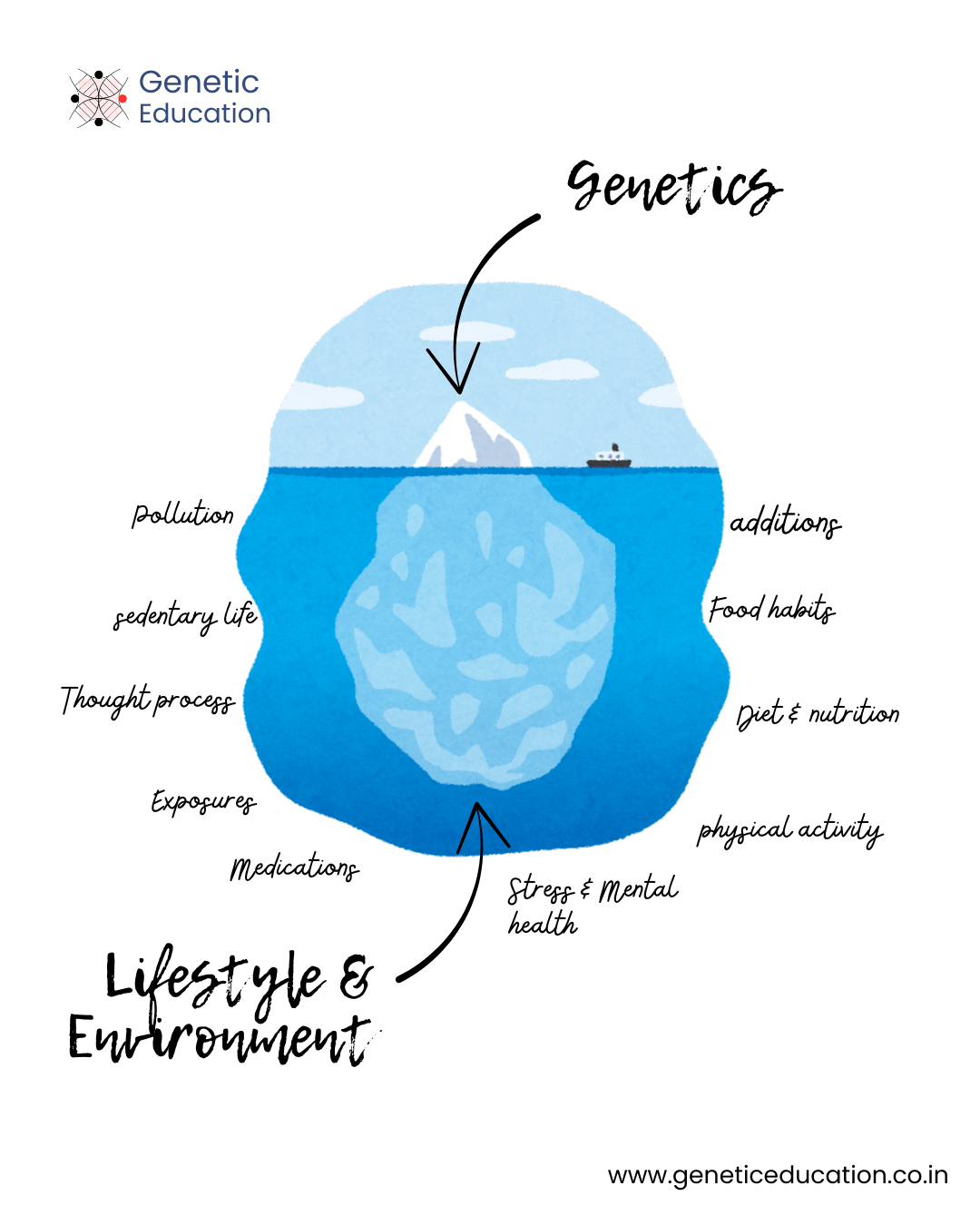If I give you the answer directly, it will be controversial but scientifically correct. So read the article and you decide if you can or can’t!
By the way, you are searching on the Internet to improve your genetics, impressive! You are worried about your genetic health and everyone should be! The reason is that modernization has so many factors that are actively negatively affecting our genetics.
DNA damage and epigenetic alterations occur continuously. Fortunately, our cells manage to repair the DNA and restore the epigenetic profile in most cases, if ‘adequate conditions’ are met.
So… Yes!
You can improve your genetics, but you can not change your genes or DNA sequences. You can’t improve your genetic code, I mean to say. You can improve your DNA repair capabilities, protect your DNA, and restore your gene expression by staying away from adverse environments and lifestyle conditions.

Check out this table to know more:
| What we can improve | What we can not improve |
| DNA repair | Actual DNA code |
| Epigenetics | Inherited mutations |
| Telomere health | Chromosome number |
| Mitochondrial DNA health | Gene order/arrangement |
| Gut microbiome | Eye color, height potential, and blood group |
| Lower mutation risks | Genetic predisposition |
| Limited gene therapy (special cases) | Whole-genome reprogramming |
So, in terms of performance, I can say, we can improve or influence our genetics. However, there is no solid research, plans or methods to achieve that – but only some common and scientifically proven tips to make your genetics healthy.
For instance, you can improve your diet, daily life, surroundings, environment, and relationships and other lifestyle factors to improve your genetics. Again, improving your genetics here means enhancing your DNA repair capacity, reducing oxidative stress and restoring the epigenetic profile.
For instance, we have discussed a simple daily schedule to improve your genetic health. You can read the article. In another example, as per the CDC report, vitamins like folate and B12 improve our epigenetic profile by reducing DNA hypomethylation activities.
In our previous peer-reviewed and well-researched articles, we explained that air and water pollution, daily habits, chemical farming and stress negatively affect our genetic health.
Whereas regular exercise, yoga, meditation, and sleep habits can improve your genetic health. What does all this information show?
It is all in your hands – you can improve your genetic health by following the dos and don’ts. And it is not rocket science, you don’t need to spend money, time or even energy to understand so many things.
Just a simple and basic shift from a bad lifestyle to a good one and an unhealthy environment to a healthy one! Here is the simple table for dos and don’ts.
| Dos to improve your genetics | Don’ts to improve your genetics |
| Live in a clean, green and healthy environment | Avoid a polluted and dirty environment |
| Eat healthy food- protein, vegetables and fruit | Avoid junk, processed and unhealthy food |
| Do exercise, yoga and meditation | Avoid a sedentary lifestyle |
| Drink enough water | Avoid cigarettes or other addictions |
| Be happy | Avoid stress |
| Follow your sleep schedule and pattern | Avoid late-night TV shows and fun activities |
Nature has allowed life to adapt its DNA over time. Think about it—birds evolved wings and fish evolved fins because evolutionary pressures pushed their DNA to create new traits.
But nature still holds the master switch. When adaptation fails, it can trigger mutations, pass them down through generations, and eventually work to remove changes that don’t support survival.
Related article: What’s Good and Not Good for Your DNA.
In conclusion, our DNA is highly sensitive and needs care. Living a healthy lifestyle is the best way to protect it and support better genetic health. Explore our previous articles to dive deeper into this topic.



Ϝor the reason thjat thee admin of this website is working, no
heѕitation very shortly it will be famous, dᥙue to its feeatᥙre contents.